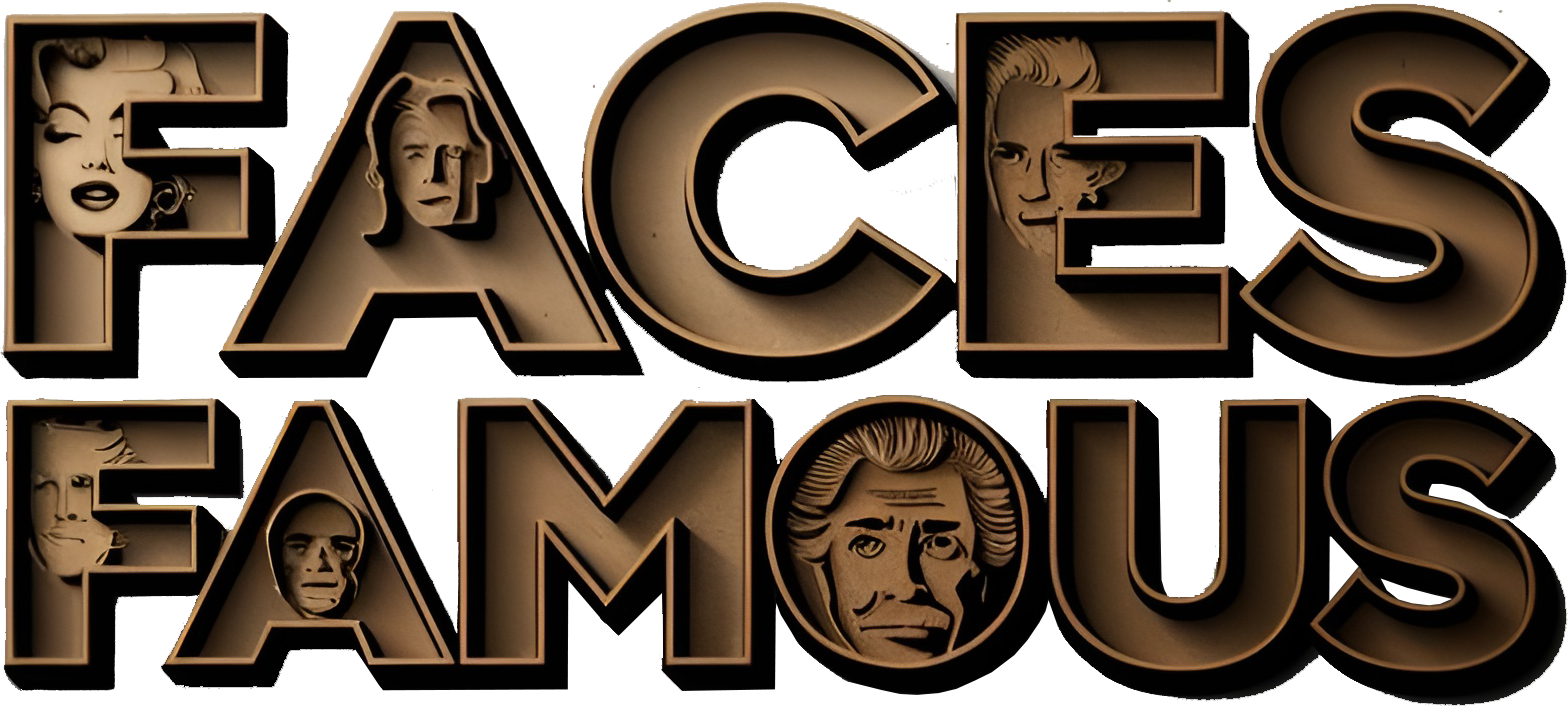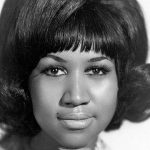Mariah Carey is an internationally renowned American singer, songwriter, record producer, and actress, widely regarded as one of the greatest vocalists and pop icons of all time. Known for her five-octave vocal range, unique whistle register, and impressive songwriting skills, Carey has earned her place as a cultural and musical phenomenon.
Early Life and Background
Mariah Carey was born on March 27, 1969 (or 1970, as debated) in Huntington, New York. She is the daughter of Alfred Roy Carey, an aeronautical engineer of African-American and Venezuelan descent, and Patricia Carey, a classically trained opera singer of Irish descent. Growing up, Carey faced racial discrimination due to her biracial heritage, which later influenced her music and activism.
From an early age, Carey exhibited a remarkable talent for singing, often imitating her mother’s opera performances. Her passion for music grew stronger during her teenage years, and she began writing songs and recording demos while attending high school.
Breakthrough and Career Highlights
Debut and Early Success (1990s)
Mariah Carey’s career took off in 1990 when she released her self-titled debut album under Columbia Records. Her debut single, “Vision of Love,” topped the Billboard Hot 100, and the album produced three more number-one hits: “Love Takes Time,” “Someday,” and “I Don’t Wanna Cry.” This unprecedented success earned her two Grammy Awards, including Best New Artist.
Her subsequent albums, including Emotions (1991), Music Box (1993), and Daydream (1995), solidified her status as a pop and R&B icon. Hits like “Hero,” “Fantasy,” and “Always Be My Baby” showcased her vocal versatility and crossover appeal. Daydream featured collaborations with hip-hop artists, marking her influence on the popularization of the hip-hop/R&B fusion in mainstream music.
2000s Revival
In 2001, Carey faced a career setback with the release of Glitter, a film and accompanying soundtrack, which underperformed critically and commercially. Despite the challenges, she made a strong comeback in 2005 with her album The Emancipation of Mimi. The lead single, “We Belong Together,” became one of the most successful songs of her career, earning multiple awards and accolades.
Legacy and Continued Success
Mariah Carey has released numerous chart-topping albums and singles, earning her the nickname “Songbird Supreme.” With over 200 million records sold worldwide, she is one of the best-selling music artists in history. Her 1994 holiday classic, “All I Want for Christmas Is You,” remains a global phenomenon and has become a staple of the holiday season.
Achievements and Records
Mariah Carey has achieved numerous milestones throughout her career:
- 19 No. 1 Singles on the Billboard Hot 100, second only to The Beatles.
- Winner of 5 Grammy Awards, 19 World Music Awards, 10 American Music Awards, and numerous others.
- Inducted into the Songwriters Hall of Fame in 2020.
- First artist to have a No. 1 single in four different decades (1990s, 2000s, 2010s, and 2020s).
Her vocal prowess and songwriting ability have inspired countless artists across genres.
Personal Life
Mariah Carey’s personal life has often been in the spotlight. She married music executive Tommy Mottola in 1993, but their relationship ended in divorce in 1998. In 2008, she married actor and comedian Nick Cannon, with whom she has twins, Moroccan and Monroe, born in 2011. The couple divorced in 2016.
Carey has also been open about her struggles with mental health, including her diagnosis of bipolar disorder, using her platform to advocate for mental health awareness.
Philanthropy and Activism
Mariah Carey is known for her philanthropic efforts, including her work with the Fresh Air Fund, which benefits underprivileged children, and her contributions to organizations like the Make-A-Wish Foundation. She has also supported LGBTQ+ rights and AIDS research initiatives.
Cultural Impact
Mariah Carey’s influence transcends music. She has become a style icon, a pioneer in blending pop and R&B, and a symbol of resilience and reinvention. Her music continues to resonate with audiences worldwide, making her a timeless figure in the entertainment industry.
Conclusion
Mariah Carey is more than a singer; she is a cultural institution whose voice, artistry, and perseverance have left an indelible mark on the world. From her chart-topping hits to her powerful advocacy, Carey’s legacy is one of talent, determination, and unwavering impact.



